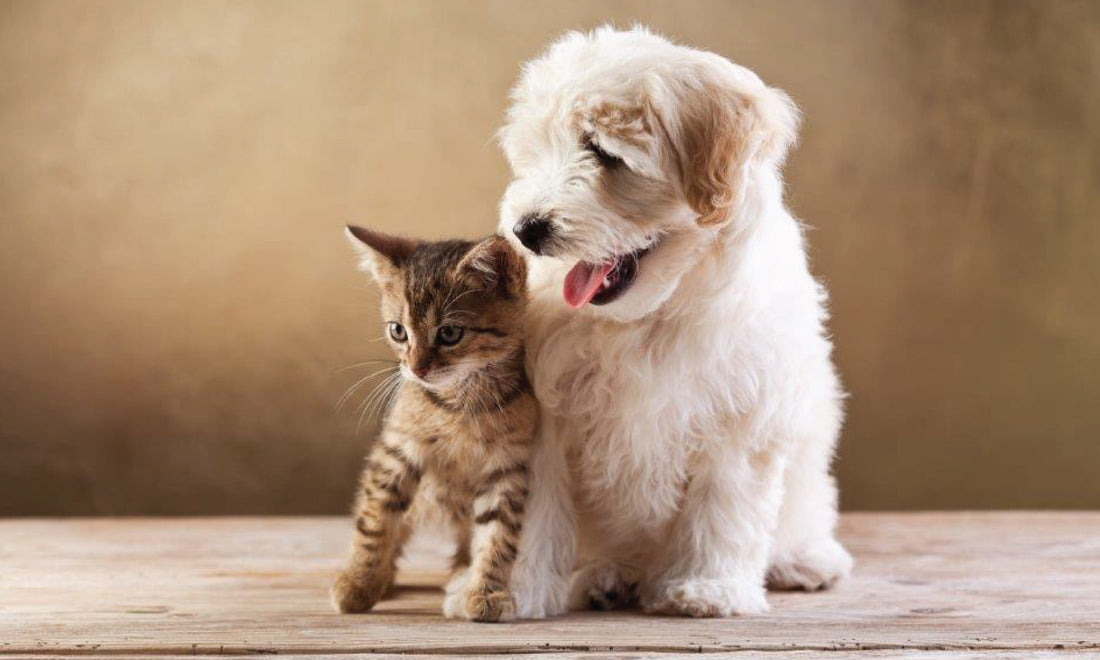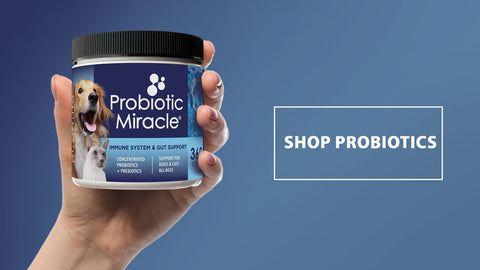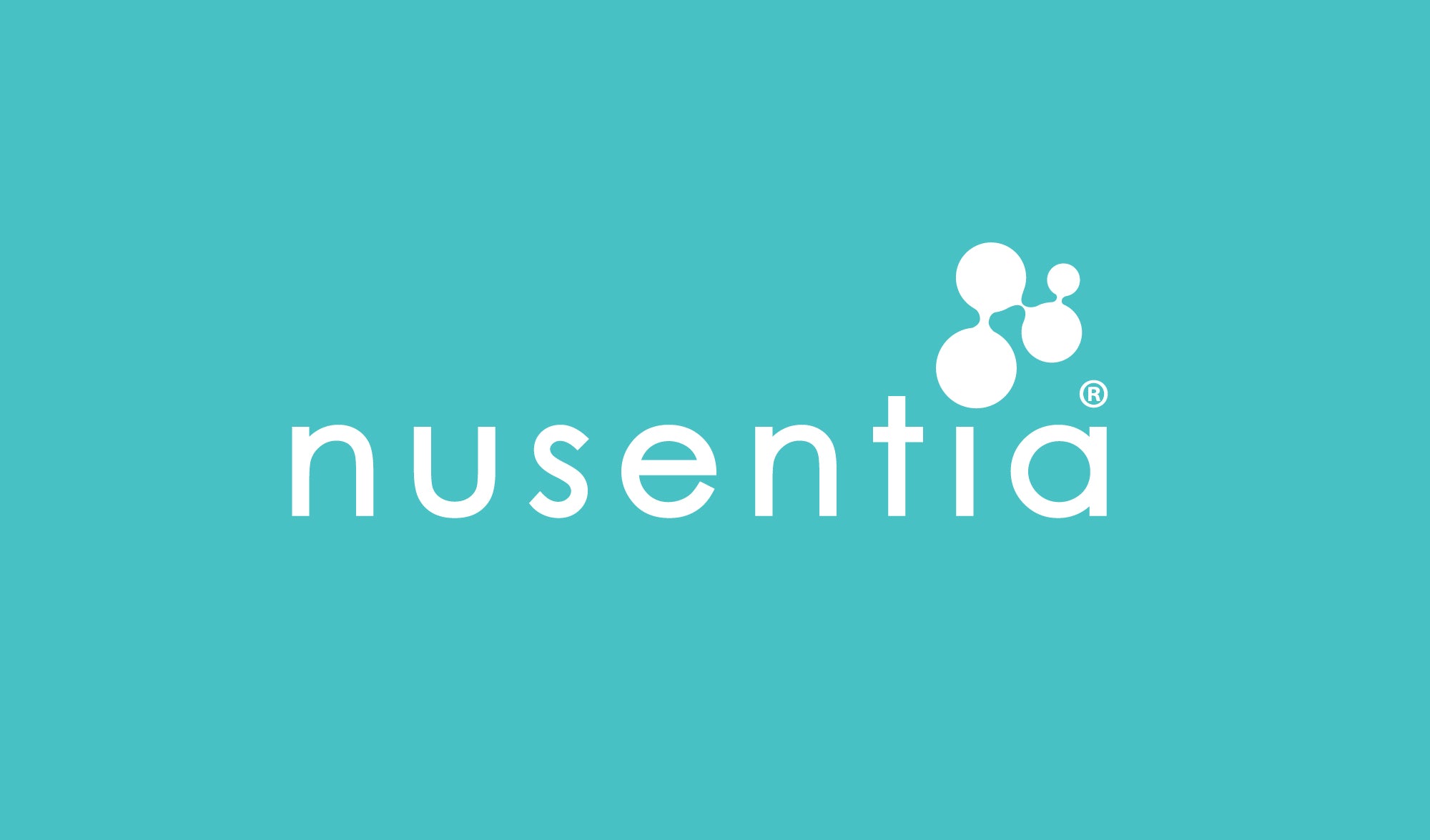Understanding the importance of gut bacteria in pets is crucial for their overall health. These microscopic organisms, though small, play a pivotal role in maintaining a healthy gastrointestinal (GI) tract and supporting the total wellness of your animal companion.

Why Gut Health Matters in Pets
Gut bacteria, often referred to as good bacteria, are essential for a host of functions that contribute to your pet's health. They aid in food digestion, nutrient absorption, vitamin production, and bolstering the immune system. A balanced gut flora facilitates mineral absorption, digests certain sugars and proteins, and prevents yeast overgrowth, among other benefits.
The Birth and Balance of the GI Tract
From the moment of birth, the GI tract of your pet begins to be colonized by diverse microbes, setting the foundation for their health. Diet, stress, and lifestyle can influence the balance of gut flora throughout their life. An imbalance, known as Dysbiosis, can lead to symptoms like diarrhea, constipation, allergies, and more. Fortunately, this balance can be supported through the use of probiotics.

Introducing Probiotics as a Daily Supplement
Daily probiotic supplementation is essential for pets due to the challenges posed by modern diets, which often lack the variety and nutritional complexity found in their natural counterparts. These diets can strip the digestive tract of essential good bacteria, leading to imbalances that affect overall health. Probiotics replenish these beneficial microorganisms, ensuring that pets can effectively digest food, absorb nutrients, and maintain a robust immune system. From supporting a young animal's developing GI tract to counteracting the dietary deficiencies in adults and seniors, probiotics offer a foundational support system for a pet's health at every stage of life.
How probiotics support gut health
Supplementing your pet's diet with probiotics can help to establish a healthy gut flora, improve digestion, enhance immune function, and prevent the colonization of harmful bacteria. Probiotic Miracle® is enriched with strains of bacteria known for their beneficial effects on the gut in dogs and cats, making it an ideal choice for pet owners looking to support their immune and digestive health.
Symptoms of Gut Flora Imbalance
- Diarrhea
- Constipation
- Allergies
- Inflammatory disorders
- Bad breath
Strengthening Your Pet's Gut Health: A Step-by-Step Guide
To ensure the best long-term health for your pet, consider starting a probiotic regimen with Probiotic Miracle®. Here's how to do it effectively:
- Evaluate Your Pet's Health: Look for symptoms of gut flora imbalance, such as diarrhea, constipation, allergies, or bad breath.
- Choose the Right Probiotic: Selecting a probiotic formula designed for pets, like Probiotic Miracle®, is important since animals and humans have different needs.
- Introduce Probiotics Slowly: Start with a smaller dose than recommended and gradually increase to the full dose over a week to help your pet's system adjust.
- Monitor Your Pet's Response: Observe your pet over the first few weeks. You should notice improvements in symptoms and overall health.
- Maintain a Routine: Continue administering Probiotic Miracle® daily to maintain gut health and prevent future imbalances.
- Consult Your Vet: If you're unsure about the right probiotic regimen for your pet or if your pet has health conditions, consult your veterinarian for personalized advice.
Following these steps can help ensure your pet enjoys the full benefits of a balanced gut flora, supporting their overall well-being and happiness.
To ensure the best long-term health for your pet, consider starting a probiotic regimen early. However, it's never too late to begin. If your pet shows any of the above symptoms, introducing Probiotic Miracle® into their diet can make a significant difference.
FAQs About Pet Probiotics
Have questions about starting your pet on probiotics? Here are some common inquiries:
- When should I start my pet on probiotics?
- It's beneficial to start as early as possible, but pets of any age can benefit from probiotics.
- How long does it take to see the effects?
- While some pets may show improvements quickly, it generally takes a 6-8 weeks of consistent use to observe significant changes.
Ready to support your pet's gut health with Probiotic Miracle®? Visit our product page to learn more about how our scientifically-formulated probiotic can benefit your pet.
For natural, trusted pet health supplements with proven formulas to improve your furry friend's overall health, visit Nusentia, a brand trusted by veterinarians and pet parents alike since 2008.
References
Vet Ther. 2009 Fall;10(3):121-30 Clinical benefits of probiotic canine-derived Bifidobacterium animalis strain AHC7 in dogs with acute idiopathic diarrhea.
Vet Microbiol. 2009 Oct 20;139(1-2):106-12. Epub 2009 May 19. Portrait of a canine probiotic Bifidobacterium--from gut to gut.
J Appl Microbiol. 2006 Jul;101(1):131-8. Lactic acid bacteria isolated from canine faeces.
J Appl Microbiol. 2006 Jul;101(1):131-8. Lactic acid bacteria isolated from canine faeces.
Food Sci. 2007 Apr;72(3):M94-7. Isolation and characterization of Lactobacillus species having Isolation and characterization of Lactobacillus species having potential for use as probiotic cultures for dogs.
J Appl Microbiol. 2006 Jul;101(1):131-8. Lactic acid bacteria isolated from canine faeces.





